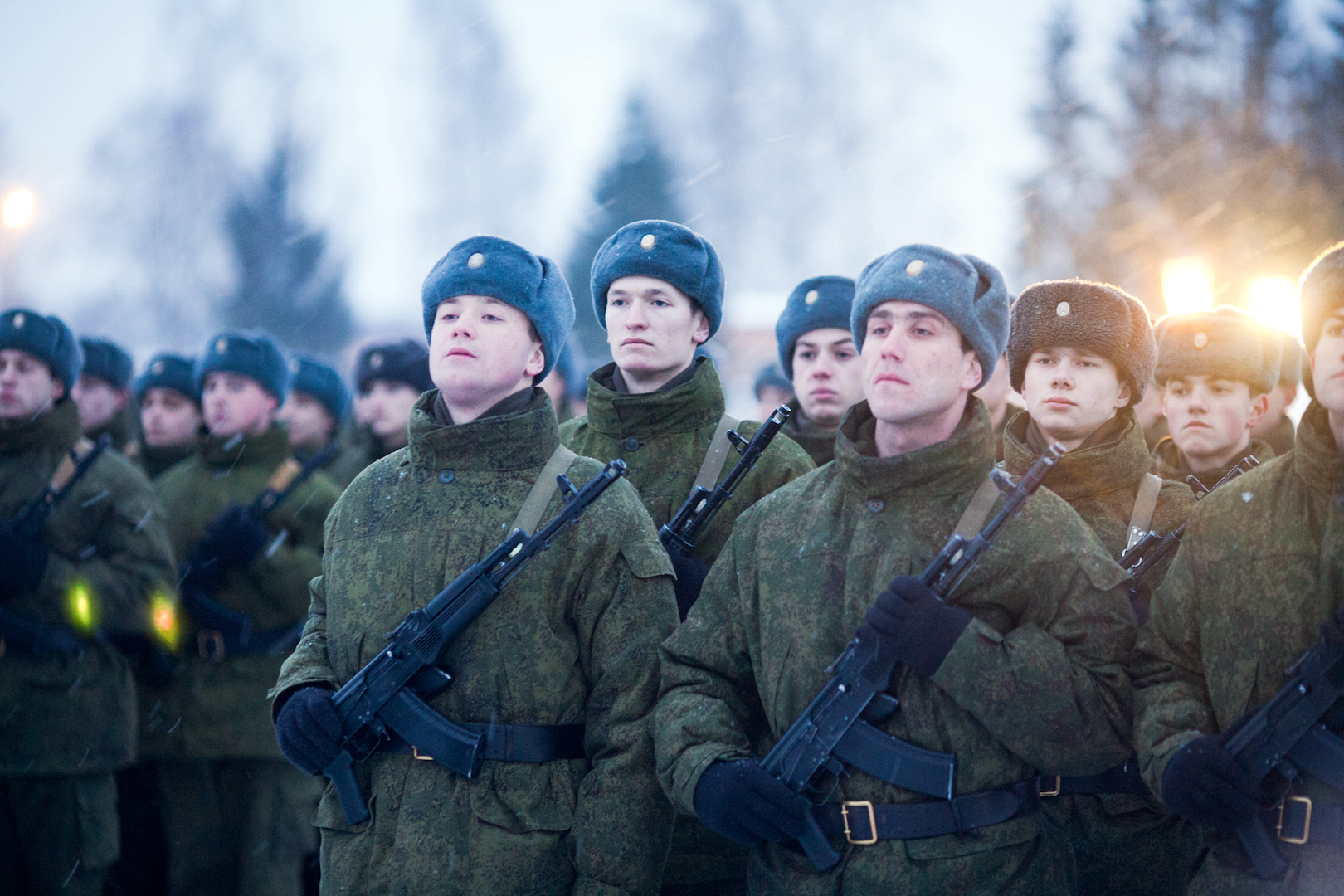Putin’s sovereignty

“Contempt for human beings is intrinsic to the mentality of officials who rule rights-denying states.” These words by Princeton philosopher George Kateb have seldom been more clearly and tragically demonstrated than what we are now witnessing as Vladimir Putin launches his barbaric assault against the people and the free, democratic nation of Ukraine.
Such a mentality of contempt that is incarnate in this Russian autocrat and in his enablers risks shattering the global order that has since September of 1945 largely if imperfectly kept the peace since World War II ended. While admittedly we have failed to achieve peace in the full moral sense of the concept, the hard-earned commitment of nations and their leaders to reject and refrain from massive, devastating aggression of one nation-state against another has not been insignificant. That qualified peace has afforded the world the opportunity to imagine and occasionally feel the contours of an emerging new global consciousness characterized by respect for universal human dignity, often but not exclusively measured in the adherence to moral and legal standards of human rights. It has been an ongoing experiment to plumb the boundaries of human moral and ethical capacity, but arguably there had been discernable progress at the scale necessary to justify the sacrifice in blood, sweat, and treasure that made it possible – until now.
With the unprovoked and morally inexcusable decision of one self-absorbed Russian autocrat to inflict almost unimaginable pain, suffering, destruction, chaos, and despair on the 44 million innocent citizens of Ukraine, the world takes an enormous step backward in our moral evolution. This is a profound assault on the concept of universal human dignity that lies at the heart of both the Universal Declaration of Human Rights and of so much of the architecture of our trajectory toward a better world. It is also the application of modern military technologies of a destructive and disruptive nature never experienced at scale before, made possible by astounding levels of investment of scarce global resources that now – if Vladimir Putin were to allow that to happen – could even ensure rapid mutual mass annihilation. What we now witness in Ukraine loudly condemns many in positions of global leadership and their supporters, past and present, who brought us to this place. Perhaps it also justifies a cynical perspective on human nature itself, but that judgment may yet be premature. No matter, we now stand witness to a tragic legacy of misguided prioritization of power over peace, destruction over decency, and greed over beneficence.
For centuries, sovereignty was conceptualized as the exercise of an elite, generally monarchal authority to impose its will and to compel obedience. Its only plausible moral justification was for the defense of the realm from incursions and assaults by ill-intentioned outsiders. There was almost no pretense of a responsibility by those in authority to prioritize and work toward the common good and wellbeing of its citizenry. Many of those who claimed and exercised this form of sovereignty were individuals who held elevated, often narcissistic notions of their self-importance, who tolerated no constraints on their greed, ambitions, and gratification no matter the cost to the innocent subjects under their control. This nearly Hobbesian world was only one step above complete barbarism, in which any notion of recognizing and respecting the universal equality of human worth, much less human dignity, was a complete fantasy that few could entertain. In a transition from petty city-states and local chieftains, the modern idea of a nation-state gradually emerged, but the ethical obligations and constraints that such nation-states must be held accountable to were envisioned only after our moral evolution embraced the concept of human dignity and the obligation of the nation-state to respect that concept. It also required the appalling loss of between 70 to 85 million human lives during World War II, and around 40 million lives in World War I, to secure that new premise of sovereignty.
Since 1945, we have experimented with this notion of sovereignty at a scale never seen before. With roots in the remarkable idealism and bold vision of delegates from 13 colonies who chose to reject and condemn the rule by a remote and autocratic monarch, that historic gathering in Philadelphia on another September 171 years before the end of World War II provided an inflection point on a new conceptualization of sovereignty. It is hard to recapture the audacity and moral magnitude of that redefinition, as it cast government as an instrument whose highest duty is to secure the rights and standards of freedom, liberty, agency, accountability, and both individual and societal wellbeing. Under this radical formula, authority was derived from, and answerable to, the people.
Is it too much to presume that “the people” then and now, in this country and in Ukraine, have a reasonable expectation to be spared from the tyranny that will deprive them of their freedom, their agency, their wellbeing, and for many Ukrainians their very lives? The sweeping assault now taking place on the wellbeing of Ukraine – people and nation – is a challenge not only to Ukrainians who honor the values, possibilities, and obligations of their democracy, but to the human dignity and human rights of all people everywhere.
Philosophers will assert that that the focus of morality is to prevent and alleviate human suffering, and to find ways to honor our interdependence with the environment that is essential to the sustainability of our lives and societies. Wars bring suffering and destruction – human and environmental – at a scale and intensity that we cannot comprehend, but they also bring another threat that transcends morality itself. Wars threaten our very existence, as individuals and as societies sharing common ideals and aspirations, histories, sensibilities, wisdom, and character. The ultimate assault on human dignity that Vladimir Putin has personally now chosen to inflict upon the nation and people of Ukraine is not only morally inexcusable, it is existentially an outrage.
We now, as seldom before, stand at a new inflection point, awaiting global leadership that truly honors universal human dignity.
Photo Credit: DIMUSE, iStock


